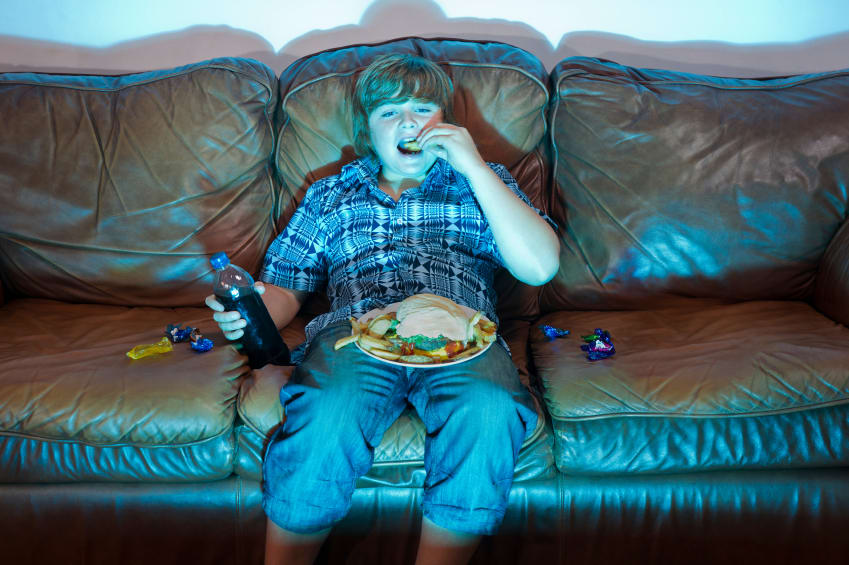Childhood obesity in this country has more than tripled in the past 30 years. Currently, 17% of American kids ages 2 – 19 are obese. One out of three kids are overweight. An obese teenager has over a 70% greater risk of becoming an obese adult.
 These statistics are alarming to say the least. In the past few years I have seen an increase of overweight children ages 9 – 19 in my practice. They are wonderful, bright, creative kids that have fallen prey to the American high fat, high salt, fast food diet.
These statistics are alarming to say the least. In the past few years I have seen an increase of overweight children ages 9 – 19 in my practice. They are wonderful, bright, creative kids that have fallen prey to the American high fat, high salt, fast food diet.
The good news is that we have the ability to control or alter these trends. Success is realistic and attainable, but only with strong family support. The family as a whole must be willing to make some sacrifices and changes that will improve the health of all members of the family, both slim and overweight. The following are some healthy habits every family could benefit from:
- Dine together. Children who eat dinner together with their parents at least five times a week tend to weigh less and have healthier habits.
- Plate your children’s food. Growing up my mother never served dinner family-style. She always plated our food, even the salad, and it never occurred to us to ask for seconds! Plate everyone’s food so the overweight child will not feel different.
- Portion control when eating out. Most restaurant portions are more than one person needs at one meal. Have your children share a meal. Avoid pastas and encourage fish, chicken, or lean meat, with veggies on the side instead of fries.
- Out of sight, out of mind. If you don’t have access to it, you cannot eat it. Minimize the junk food in the house, and “hide” the junk you deem necessary. Never display candies, cookies, nuts, etc., in bowls or canisters on the counter.
- Think healthy snacks. The bulk of the snacks you send to school with your kids should consist of fruits and veggies. Pretzels, popcorn, or cereal can be used as the lone “junky” snack.
- Create a healthy school. Pressure your children’s schools to ban snack vending machines and high sugar drinks. Get involved and help revamp the hot lunch menus to include fresh fruits, vegetables, and whole grains.
- Encourage enough sleep. The more you sleep the less you will eat. Research has linked less sleep to an increase in weight in both kids and adults worldwide. A tired child is also less physically active, therefore burning fewer calories. Children who don’t get enough sleep have higher levels of cortisol, which evidence shows stimulates appetite. Ten hours of sleep a night are recommended for kids ages 4 through pre-teen, and 8 hours for teens.
In today’s times, obesity is a major concern and can lead to a host of medical issues and illnesses. Obese children and adults have a much higher risk of heart disease, the number one killer in America. Diabetes is another example of a disease both prevalent and preventable, to some extent.
Don’t view these guidelines as a family “diet,” but as a change in lifestyle. If you follow a healthy eating plan and positively alter your lifestyle, you will find that your children follow suit.
To learn more about the alarming pediatric obesity trend, read this at Jewish Action.
Aliza Beer, M.S., R.D., is a registered dietitian with a masters degree in nutrition and has a private practice in Cedarhurst. Consultations can be done in office, or by phone/email. Aliza can be reached at alizabeer@gmail.com.
The words of this author reflect his/her own opinions and do not necessarily represent the official position of the Orthodox Union.
